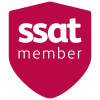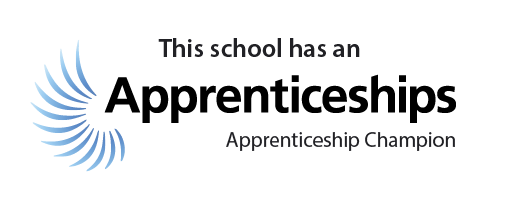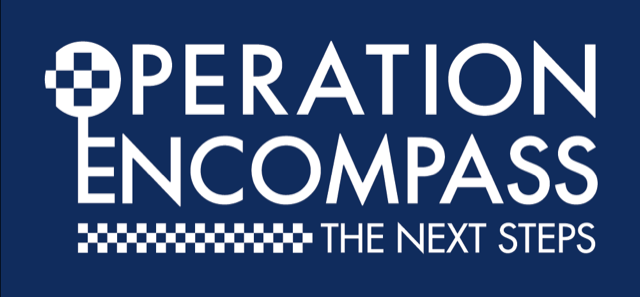Maths Department
Miss A. Gilroy
Director of Learning- Maths
Mrs J. Morton
Head of Mathematics Department
Mr C. Bickerstaffe
Second in Mathematics
Mrs J. Pennington
Teacher of Maths and Intervention Co-ordinator
Mrs S. Harding
Teacher of Maths and Numeracy Co-ordinator
Mrs G. Leake
Teacher of Maths and Challenge & Aspiration Lead
Mr G. Butler
Teacher of Maths
Mrs S. Godfrey
Teacher of Maths
Mrs H Proctor
Teacher of Maths
Mr D. Brown
Teacher of Maths
Mr M. Walton
Teacher of Maths
Dr J Wynne
Teacher of Maths
Miss O Cottam
Teacher of Maths
Mr T. Pearce
Teacher of Maths
Mrs S. Mayor
TA3
.png)







